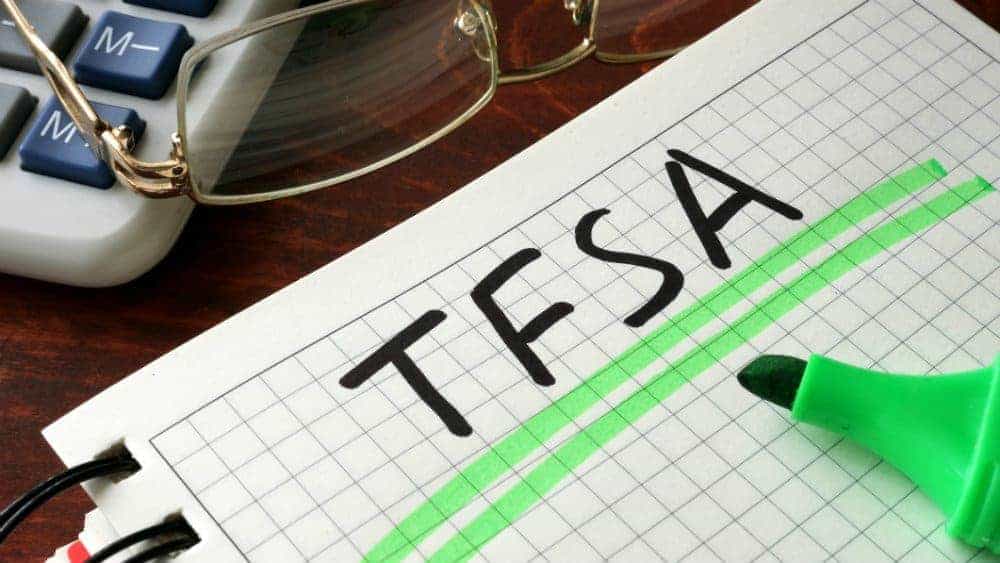As a Tax-Free Savings Account (TFSA) investor, you should be well aware of the rules of its use to avoid being guilty of TFSA crimes that could cost you a pretty penny worth of penalties.
If you’re like most Canadians, you know that overcontributing in any given year is a top TFSA crime, but you may not know that gains within a TFSA can also be subject to taxation if you’ve conducted what the CRA deems a business trading activity.
Moreover, you may not be aware that the foreign dividend stocks held in your TFSA are subject to dividend withholding taxes courtesy of a foreign tax authority — or that the high opportunity costs that come with not contributing (or investing with your TFSA) at all.
Unlike other TFSA crimes, the CRA isn’t going to notify you of the latter two mistakes because frankly, you don’t owe them money.
You’re merely just cheating yourself out of money by being unaware and not allocating your investments in a tax-efficient fashion.
It’s these insidious “self-cheating” TFSA crimes that I believe can be the most detrimental to one’s wealth over the long term because they can go indefinitely unnoticed.
One TFSA mistake that few Canadians are talking about is adopting an investment strategy that’s either too safe or too risky.
Your TFSA is not just a savings account!
Despite the name, however, the TFSA isn’t just meant to be a savings account, or an account to hold cash, cash equivalents, annuities, GICs, bonds, or other “risk-free” assets.
We’re in an era of rock bottom interest rates, and as bond yields continue to race to the floor, you’re just not going to make enough money for retirement if you’re not willing to take on any risk.
Overweighting in bonds worked for prior generations, but they’re not going to work quite so well in the modern era, with interest rates as low as they are.
If you plan to grow your TFSA beyond the rate of inflation, you’re going to need to bet on “risky” assets. Because they’re technically risky does not mean that they’re reckless, however.
Taking opportunity costs of your investment options into the equation, I’d argue that it’s far more reckless to invest solely in risk-free securities.
While it’s always a good idea to hold a portion of your TFSA in cash and other risk-off assets in case a crash happens, it’s not a good idea to time the crash with an overweighting in such low return assets.
You may think you won’t stand to lose money, but you can stand to lose both purchasing power and wealth-creating potential, which as a young person is just as bad if not worse than being over invested in a crash.
Your TFSA shouldn’t be treated a trader’s playground
On the flip side, your TFSA shouldn’t be a place where you look to make a quick buck. Sure, you’re free from capital gains taxes, and you won’t need to keep track of the numerous moves you’ll make in any given year, but just because it’s easier to trade doesn’t mean you should.
Losses in a TFSA hurt that much more than a loss in a non-registered account because you’ll be unable to salvage the TFSA capital losses to offset gains elsewhere.
Moreover, should you win big from a trade, the CRA might just come knocking with their hands out for your “TFSA crime” of business trading within your TFSA.
With that in mind, excessive trading (and speculating) in your TFSA is a lose-lose proposition for most Canadians.
Stay hungry. Stay Foolish.


